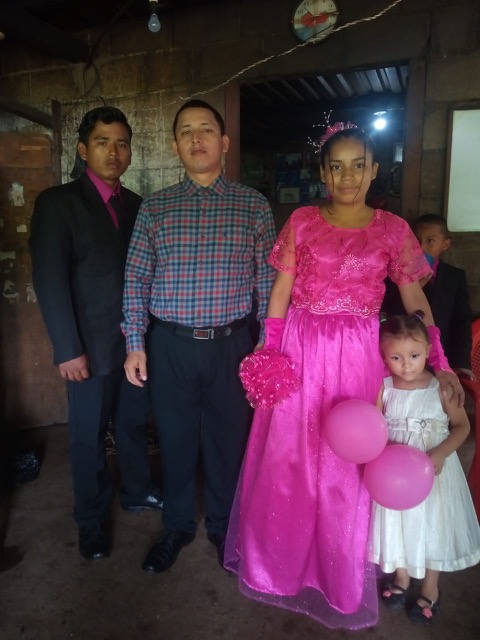On a trip to Copenhagen, I enjoyed learning about the Scandinavian tradition of three-year olds giving up their pacifiers. They write notes, place them and their nuks in plastic bags to hang on “Pacifier Trees” — one of which we found somewhat off the beaten path in Fredericksburg Have (Gardens) near the zoo. We had fun taking photos of the notes written not only in Danish, but in Chinese, English, and Spanish and then going to Google Translate to see how the little cherubs bid farewell to their companions. Most notes are decorated with coloring, beads, and ribbons. One that made me laugh read, “Dad, you took the wrong nuk; bring it BACK; I want it!”

A young mom pushing a stroller with her infant accompanied us to that tree and explained that the park grounds crew must periodically remove some of the pacifiers and notes due to the weight on the tree’s limbs. She broadened the pacifier story to tell that the mime theater in Tivoli Gardens is set up as Santa’s living room during the Christmas season, and at one point during the show, Santa opens his large sack to receive the toddlers’ pacifiers. In a dramatic flourish he tosses them high into the air where they magically transform into stars in the sky. This mom’s middle child, now seven, still can find HIS special star/former pacifier giving him much pleasure.
I began sharing with her the American tradition of the tooth fairy/money exchange under a child’s pillow. She was unfamiliar with that childhood rite of passage.
This all made me wonder about Latin American customs/traditions for children. I asked a couple of friends on our last trip to El Salvador.
A modification of the tooth fairy in poor communities was an interesting tradition. Apparently when a child loses a tooth, he or she throws it over the roof of his house. Then the rat will come to eat it. Another Salvadoran adult told me it was a magic mouse which takes the discarded tooth away.
On September 1st, Salvadoran Independence Day, children join in the country’s celebrations by taking part in local parades. Some dress up in costumes from the country’s 19th and early 20th century history. In this photo the children perform a dance called “Las Cortadoras.” It is reminiscent of the coffee growing areas of the country.

Poor families are unable to afford birthday gifts, but parents pretend to punish the child by swatting him the number of times for his age. In a local church we observed a child going up to the altar during the service and placing the appropriate number of coins (one per year of his age) in a little box while the congregation sings “Happy Birthday.”

Parents of poor children are unable to afford to purchase individual Christmas gifts for children. Instead the families take them to community-sponsored events where Santa hands out one gift per child – generally trinkets or a doll for a girl and a toy car or toy weapon for the boy. Our middle-aged friend still recalls when he was five or six years old working his way up to the front of the line only to discover Santa ran out of toys before his turn. He was devastated.

The quinceañera tradition of the 15-year old coming of age fiesta is the Latin American equivalent of the U.S. sweet sixteen party but on a large scale for those families who can afford it. It combines religious as well as social customs and is often a larger event than a wedding. It is a rite of passage from childhood into adulthood, particularly for a girl.

October 1st is set aside as El Salvador’s National Day of the Child originally established to coincide with the United Nation’s Day to mark the rights of children. In El Salvador often schools and other groups host parties with clowns, refreshments, pinatas, and games.
In El Salvador piñatas seem to be part of most celebrations, and I’m amazed at the diversity of themes and sizes of them. Some are larger than small children!

It is fun to hear about, seek out, and be included in various childhood traditions various cultures have around the world. Whether the community is affluent or poor, adults find ways for their children to participate and enjoy being a part of them.


